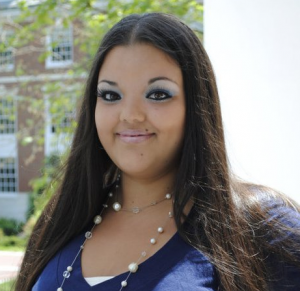Editor's note: There was little in her background to suggest Vanessa Armendariz could become a doctor. But as she was growing up, mentors from similar circumstances made her dream seem possible. As part of our occasional series, "What's Your Story?" Armendariz explains why she wants to be a primary care physician for people in low-income communities like her own.

Like any child, I was terrified of going to the doctor. But as a child of a low-income family in Stockton, my reasons were different.
I wasn't afraid of a shot. Instead, I dreaded the hours-long waits and seeing my parents struggle to afford the visits. I couldn't stand my family feeling unheard or helpless.
I wanted to change that for families like mine, so I decided to become a doctor.
But in high school, I was told that as a low-income Latina, my chances of getting pregnant were higher than going to college. My mother was pregnant at 16, and no one in my family had attended college, so it was hard to argue those statistics.
Then, my parents were caught selling drugs to support our family. My mother continued to support my dream, but it seemed impossible. That changed when I found a program that introduced disadvantaged students to medicine through mentoring and visits to our regional health centers.